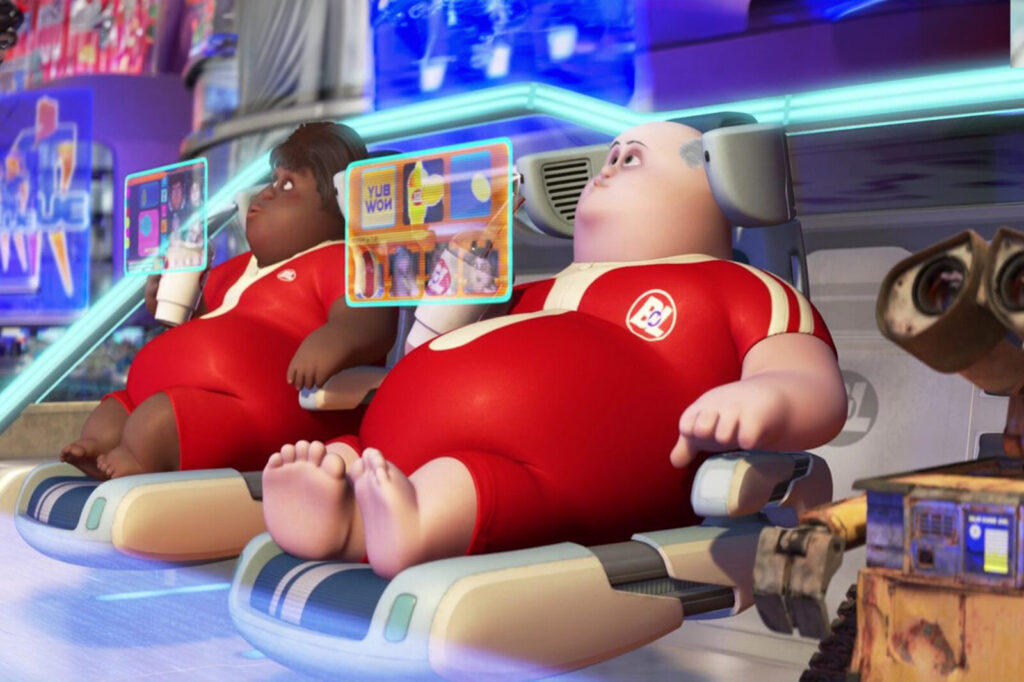Now that the Church has defined its core tenets (See the On Utopia series), let’s consider what these ideas would mean in practice. The tenets are intentionally simple and designed to allow interpretation and adaptation as each person sees fit; thus, there is no prescriptive (or proscriptive) “Right Way” to adhere to the tenets.
One can attempt to adhere to the tenets while continuing to live in the modern world. Although strict adherence to principals of non-harm are virtually impossible in our current societies, we can commit to conscious living and consider each action and decision so as to reduce its harm, sacrificing as many modern conveniences as we are personally comfortable forgoing. Thus, we will continue to begrudgingly participate in harmful systems, but we will play a smaller part.
The challenge of this approach is that we will always struggle with alienation and frustration; we will continue to exist in a state of mutual disdain between a system that we condemn and which condemns us. However, the obvious advantage is that we can continue to benefit from the (very) relative comfort and stability afforded to (some of) us by this system.
Alternatively, one can abandon the system entirely and go “off grid,” rejecting the current economic and political paradigms completely while living a self-sustaining life as far removed from society as possible. We can choose no compromises of the tenets and pioneer new modalities of living that disentangle us from the patterns of harm and destruction that are perpetuated by the modern world.
The clear challenge here is that a life off-grid is hard and, currently, even getting off the grid in a “permitted” way requires . To truly reduce harm to its minimum practical level requires the sacrifice of nearly every technological advancement since the Industrial Revolution. Yet, the advantage is a very smug sense of self-satisfaction.

There also exist virtually infinite other alternatives that fall somewhere between these two extremes. All such options are valid, as far as the Church is concerned. Salvation is liberation, and liberation is a conscious life.
Similarly, one can be a practitioner of the tenets as a single individual, or they can connect with others and build their community. Here, the Church solidly supports the latter approach. Of course, it seems almost silly to adhere to a philosophical framework that extols unity and interconnectedness as its ultimate goal but to do so as an isolated practitioner; however, there are many paths to salvation and some may choose to walk their path alone.
Community is one of the Three Refuges of Buddhism and it is often called . The goal is to cultivate a series of sincere, trusted, and rich relationships with others, so that you may all teach and learn from one another, provide support and safety, and share the whole of life experiences– beautiful and tragic– as one.
Navigating this existence with consciousness and mindfulness is no easy task. It is a daily struggle to reject the relative comfort of consumptive capitalism and the global system of injustice, to not backslide into our lifelong conditioning, to resist the dark allure of harmful behaviors. It is, quite literally, no different than recovery programs for addiction; we find strength in others, and we give them strength in kind.
Forging deep bonds in a like-minded community enriches us and helps ensure our success in our pursuits. There is no rugged frontiersman or lone ranger that can solve the problems of fundamental dissatisfaction on their own.
Of course, there is some sacrifice of individual liberty when participating in any system. But the Savior Self does not promote liberation as some sort of platonic ideal, the purest form of which should be pursued at all costs. The Savior Self wishes to improve the material conditions of our existence by achieving collective liberation; this must be achieved through cooperation and community.
To experience the true richness of life, it must be shared; if nothing else, it is in our biological nature. And we stand little chance of taking on this world alone. As we forge our paths to liberation and salvation, we must reach out to others along the path and build our .
We will discuss some strategies for establishing mindful communities in the coming entries.

